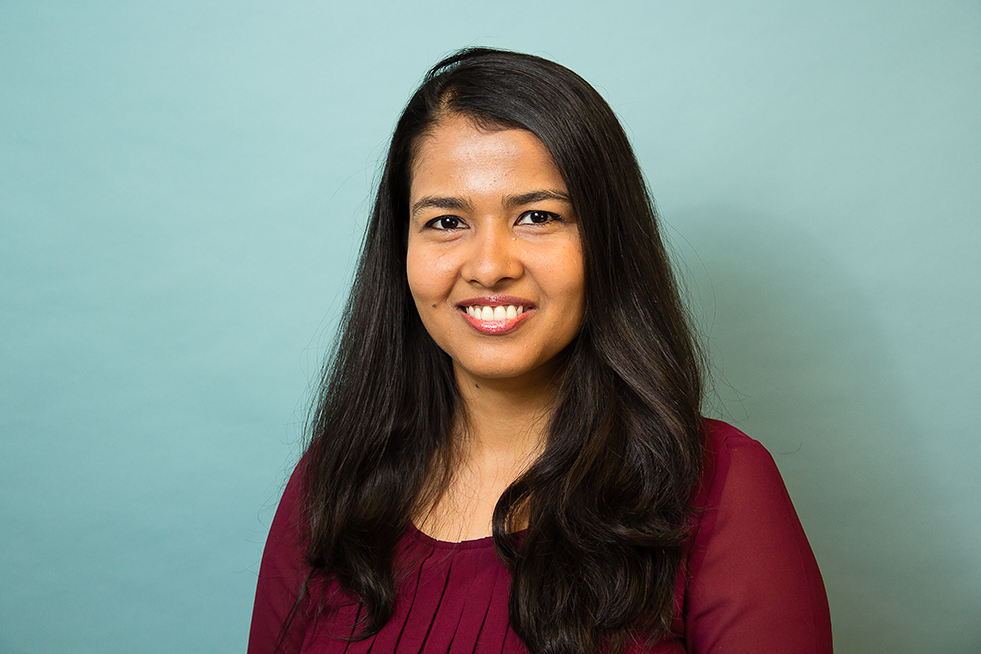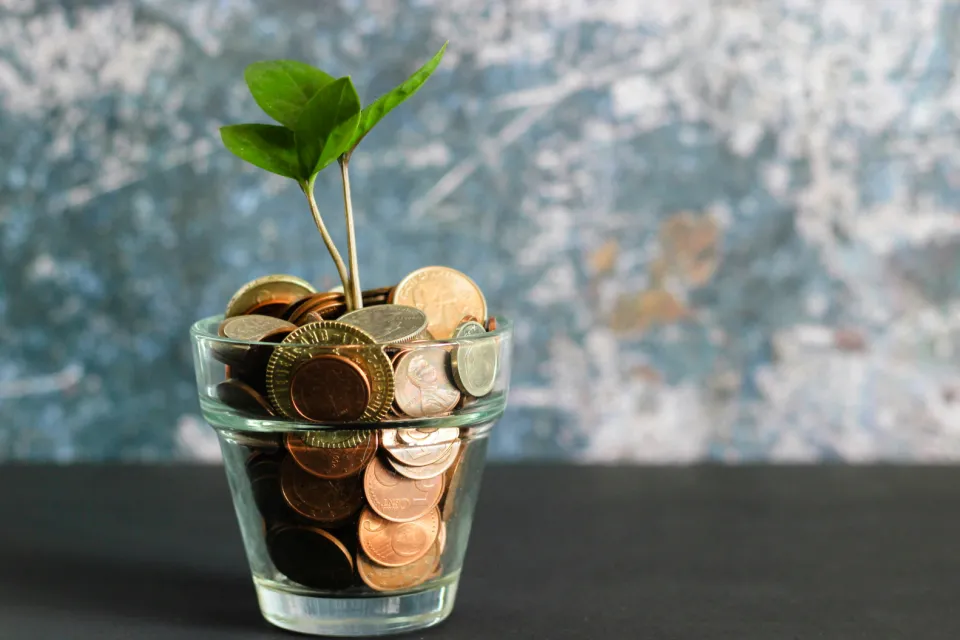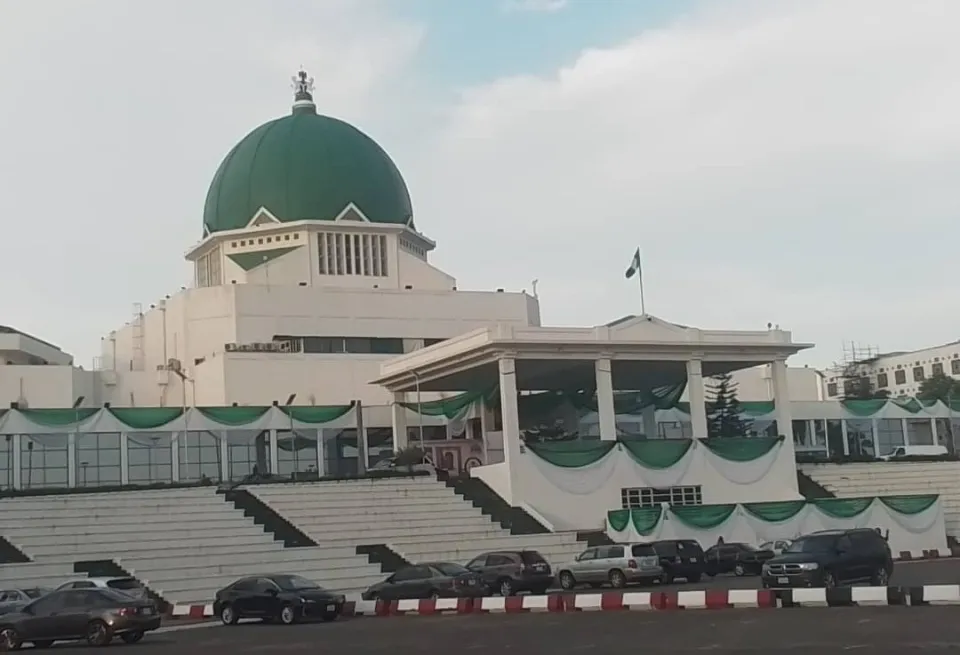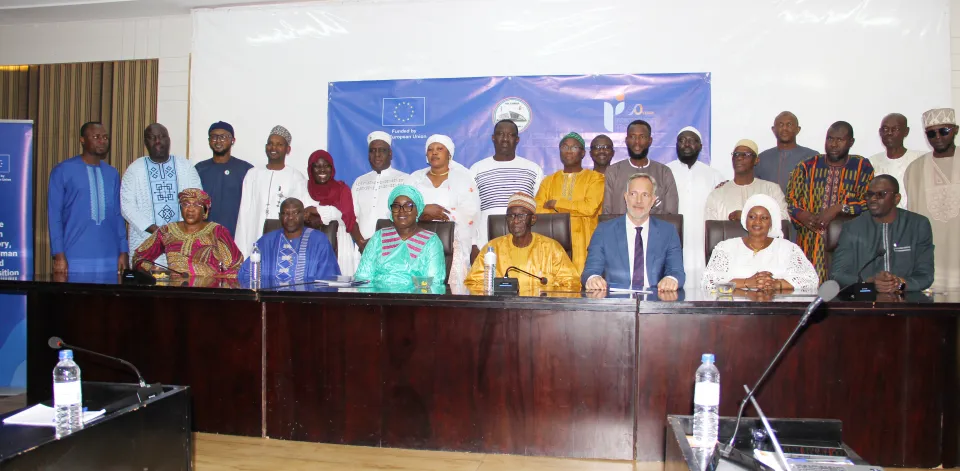Break the financial bias: Levelling the playing field for women in politics through political finance measures
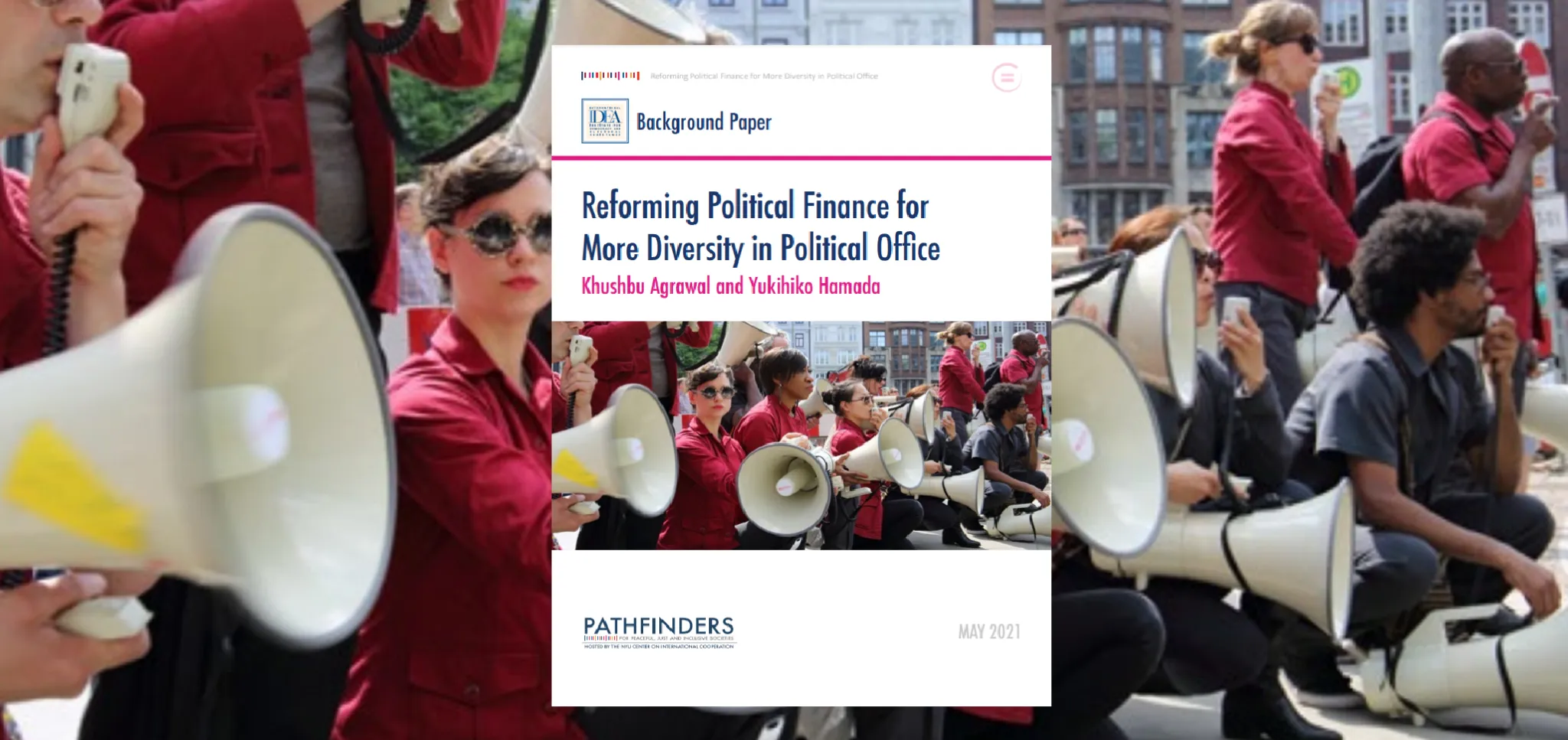
International IDEA’s recent report and video highlight that levelling the financial field for men and women candidates remains one of the pressing priorities to #BreakTheBias and promote gender equality in politics.
After more than 25 years since the adoption of the Beijing Declaration and Platform for Action in September 1995, the number of women in politics has grown steadily and has been stated to have reached an all-time high. The global average of women in national parliaments has more than doubled, from a global average of 11 per cent in 1995 to 26.1 per cent as of February 2022. There is, however, wide regional and national disparities that remain: women make up close to 34 per cent of the parliamentarians in the Americas, 31 per cent in Europe, 26 per cent in Sub-Saharan Africa, 21 per cent in Asia and the Pacific, and 17 per cent in the Middle East and North Africa (MENA) region. Continuing at this pace, according to analysis by International IDEA, it will take an additional 42 years to achieve gender parity in parliament. Moreover, it will take another 145.5 years to achieve gender parity in politics.
Despite the recognition that women’s political participation and representation translate into real social and economic gains, they continue to face structural, legal, cultural, socioeconomic, and psychological barriers in their political journeys. Financial barriers, that is, insufficient access to political finance, act as an additional deterrent for women and other historically marginalized groups to fully participate in politics and public life. Women frequently have less access than men to the resources needed to successfully seek a party nomination or stand in an election. In many cases, men are also more likely to benefit from financial resources that are gained through moneyed networks and credit, and political clientelism. In developing countries, in particular, the inability to pay even modest candidate registration fees can exclude women from the election process. In many countries around the world, several targeted political finance measures have been designed and adopted by governments, political parties, and private entities to remove these financial barriers and level the playing field for women.
International IDEA has been analyzing how money can play a positive role in politics, thereby making our democracies stronger. Most recently, the Institute joined forces with the Pathfinders, a coalition of 39 UN member states, leading international organizations, global partnerships, civil society, and produced a background paper Reforming Political Finance for More Diversity in Political Office. The paper explores the challenges that women and other marginalized groups face in accessing political finance, various measures that have been adopted in selected countries around the world, the challenges of implementing these measures, and the prerequisites for their effective implementation. It also provides a set of recommendations to ensure that the quest for more accessible political finance includes consideration of other important aspects that are indispensable to more inclusive and representative politics, including but not limited to the adoption of appropriate electoral systems, implementation of affirmative actions, gender-sensitive political party strategies, lobbying by civil society, and a positive enabling social and cultural environment.
The findings from the paper were featured in and informed the key recommendations of the flagship report of the Pathfinders, “From Rhetoric to Action: Delivering Equality & Inclusion”. The report shines a spotlight on the damaging widespread effects of inequality and highlights the actions and interventions needed from governments, international institutions, and civil society to promote equality and inclusion. The main messages from the paper have also been highlighted in a short video to provide an overview of the interlinkages between political finance and political participation and representation of underrepresented groups.
International IDEA will continue to conduct evidence-based research on the role of money in making politics inclusive and work with partners to evaluate the effectiveness of the different political finance measures and assess their impact on the political participation of women and other underrepresented groups. This will be part of the Institute´s larger effort to support regulatory and non-regulatory reforms and mechanisms to #BreakTheBias—not only economic barriers but also structural, legal, and cultural barriers faced by these groups.
